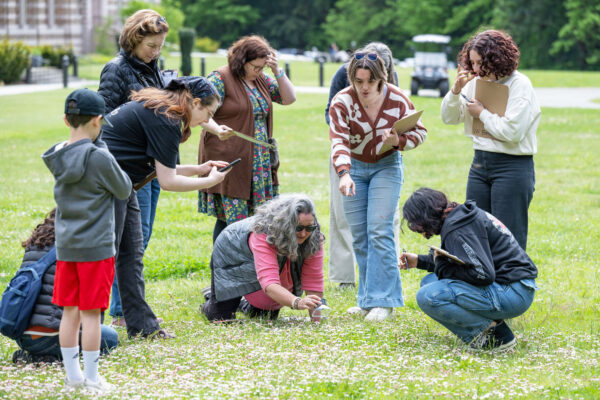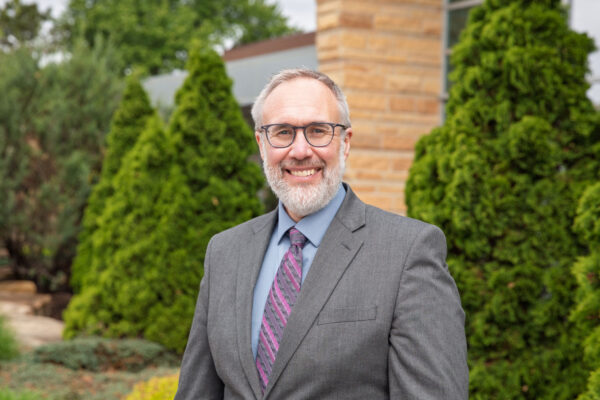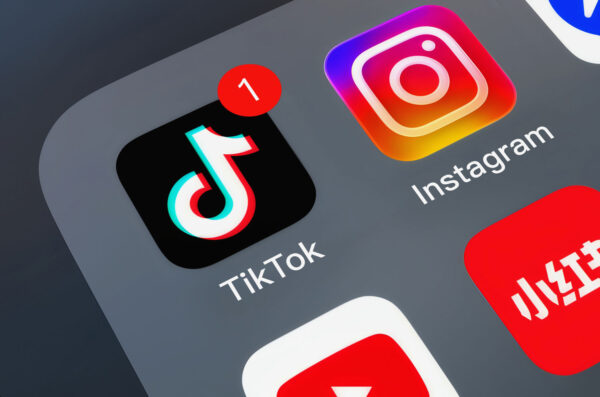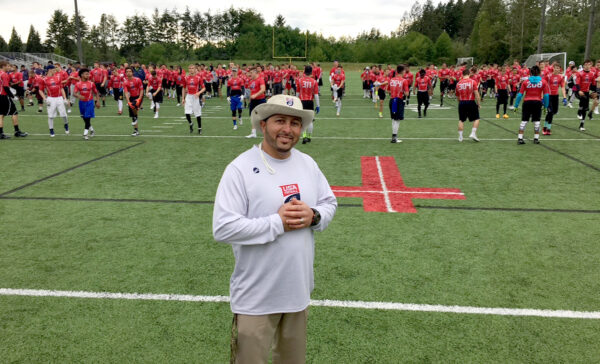In healthy, functioning ecosystems, every species has a role to play. From the clams that filter ocean water to the predators that keep prey species in check, biodiversity is what makes life on Earth possible. And there is perhaps no job more integral than that of the pollinator.
Pollinators are animals such as bees, birds and small mammals that travel between plants and carry pollen on their bodies. In doing so, they play a crucial role in the reproductive cycle of flowering plants. Without them, entire ecosystems — and our global food supply — would collapse.
“As a society, we tend to overlook the little things,” said Katrina Briggs. “Pollinators affect everything in our life. The study and protection of these creatures is a field that needs to be expanded more, and people need to know more about it and how it connects to their lives.”
A senior majoring in Conservation & Restoration Science at the University of Washington Bothell, Briggs’ passion for pollinators first developed during a class on pollinator diversity taught by Dr. Amy Lambert, associate teaching professor in the School of Interdisciplinary Arts & Sciences.
As her undergraduate education now comes to a close, Briggs recently presented her capstone project, which focuses on the most emblematic pollinator of them all: bees.
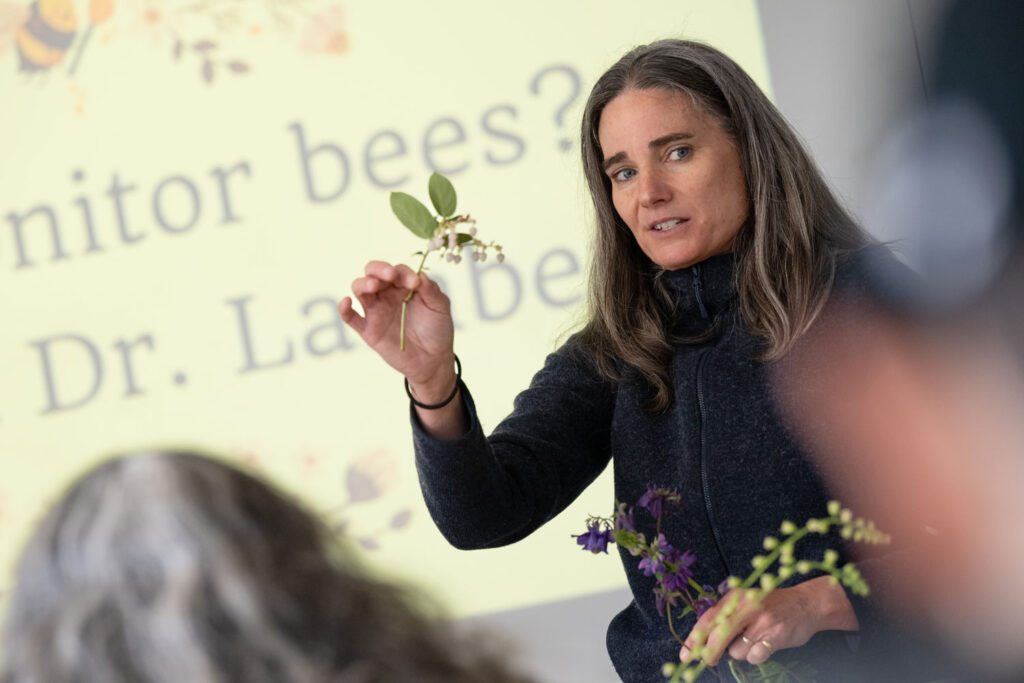
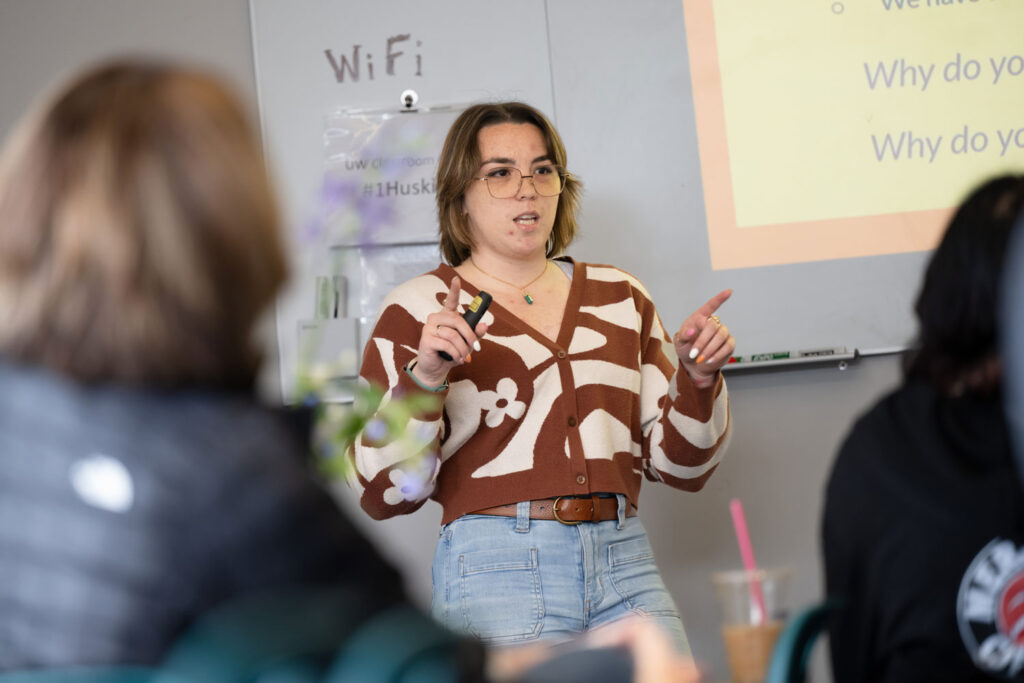
A love of small things
As a young child, Briggs was always fascinated by small things. She grew up in Florida and spent most of her time outside observing bugs and other critters. She knew going into college that she wanted to pursue a degree related to the environment or animal biology.
She moved to the Seattle area with her grandmother in 2019 and began her academic journey at Cascadia College, where she first fell in love with the campus that is shared by UW Bothell. When she transferred to the University, the Environmental Studies program seemed like a great fit for her to explore a broad range of topics related to the environment.
In her first class taught by Lambert, Briggs was drawn to the professor’s infectious passion and enthusiasm for conservation and restoration.
“I was instantly attracted to the way that Professor Lambert taught and how she incorporated a respect for nature and the wholeness of everything,” Briggs said. “I wanted to take as many classes with her as I could.”
In Lambert’s class on pollinator diversity, something clicked. Briggs knew she wanted to learn more and approached Lambert about opportunities to further explore pollinators. Lambert connected her to UW Bothell’s Environmental Careers Preparedness program, which provides educational pathways to careers in environmental and sustainability fields for K-16 students.
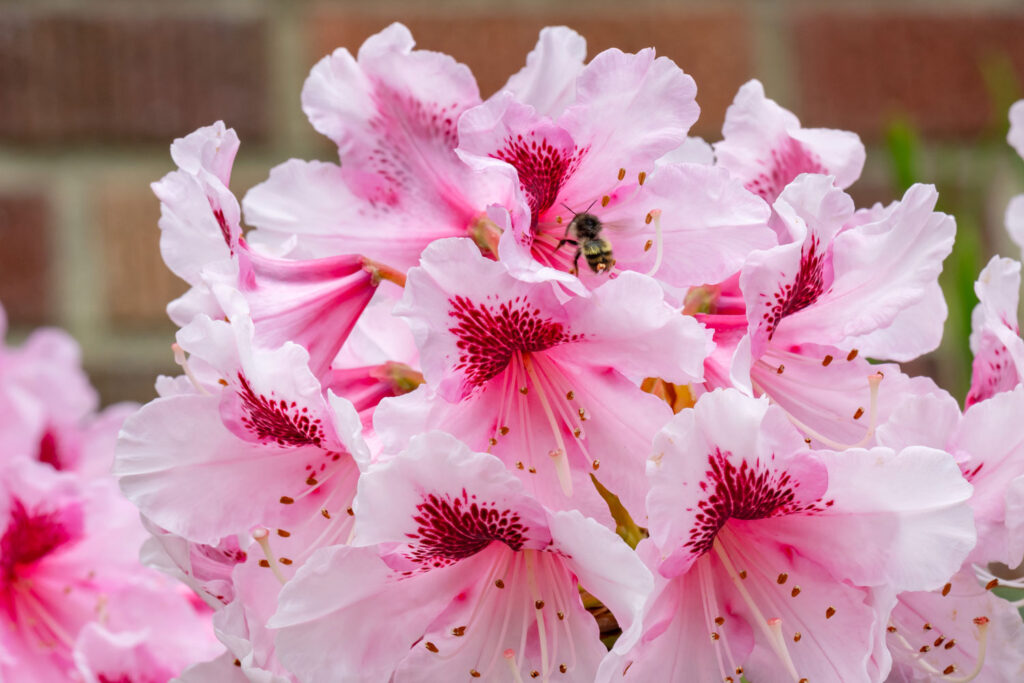
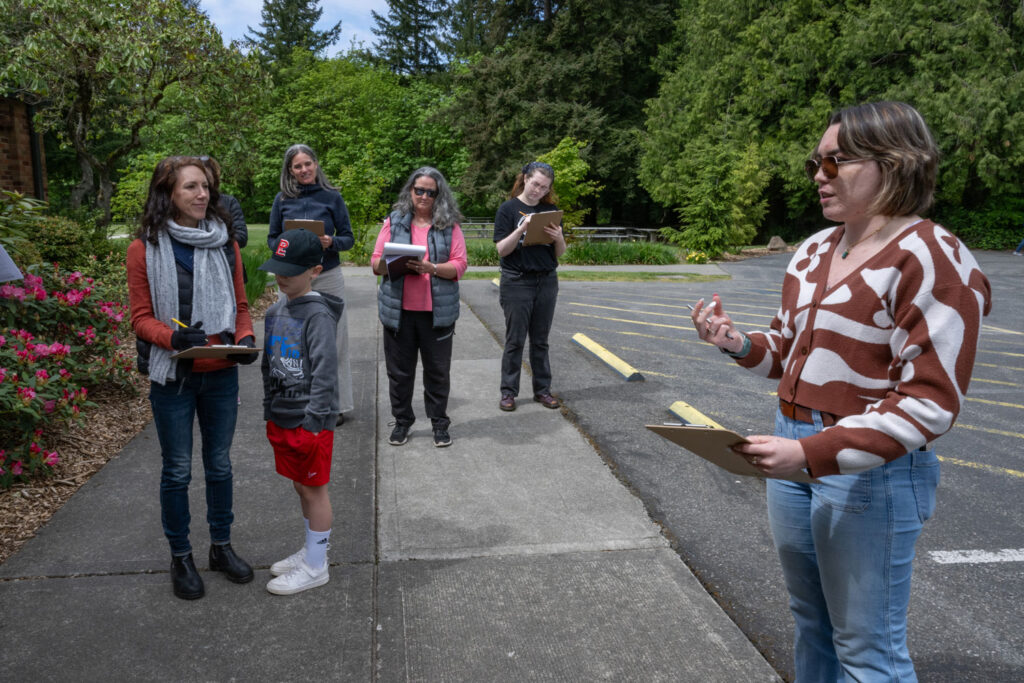
Pollinators affect everything in our life. The study and protection of these creatures is a field that needs to be expanded more, and people need to know more about it and how it connects to their lives.
Katrina Briggs, senior, Conservation & Restoration Science
The pollinator bug
Over the four-week program in summer 2024, Briggs was one of four undergraduates who worked alongside the faculty teaching a cohort of 20 high school students about a wide array of environmental topics. Briggs developed her own module on pollinators that she taught as part of the program. One student was inspired by her lecture and decided to do her final project on “The Pollen Trail” at the end of the four weeks.
“It was fun to see that excitement come out of something that was just a small portion, but it was enough for her to really be passionate about pollinators,” Briggs said. “It’s really enjoyable to see the passion in a student’s eyes when they really, really like something.”
For Briggs, EnCAP was both a foray into the idea of teaching and outreach, as well as an introduction to the Environmental Education & Research Center in Saint Edward State Park, where the program was hosted by UW Bothell’s Collaborative for Socio-Ecological Engagement. Briggs and Lambert were both interested in how the park could be used as an extension of existing bee monitoring efforts on the UW Bothell campus, through the CCUWBee Research Initiative.
In partnership with CoSEE, Briggs began work on developing a bee monitoring kit and a public outreach event to share what she had learned.
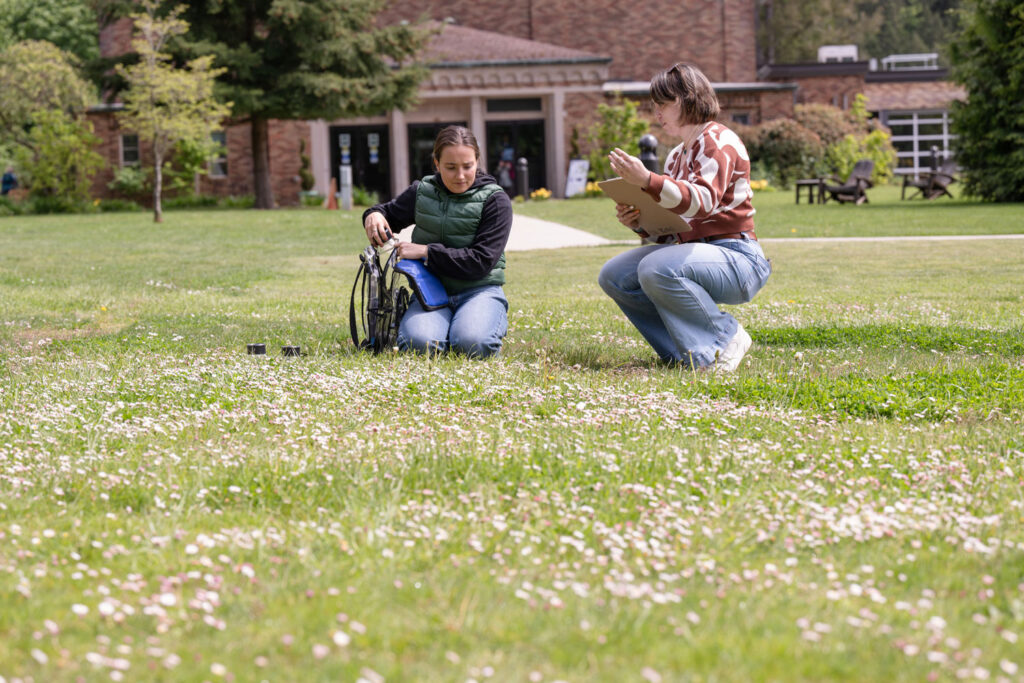
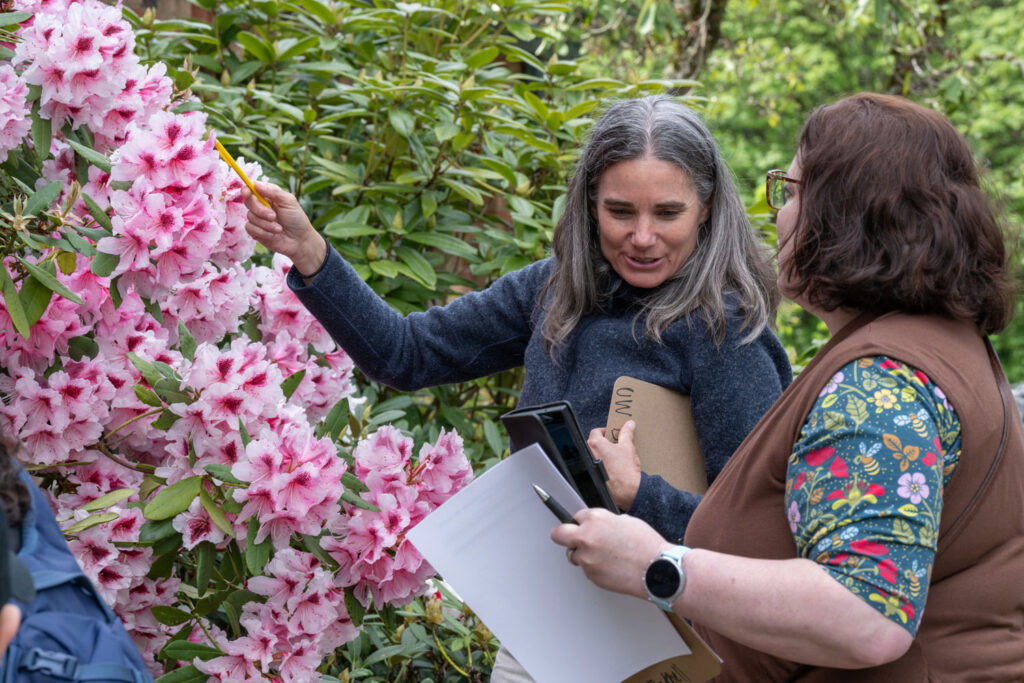
Place-based learning
Briggs took an audience of both campus and community members through “Bee Monitoring 101” in an event at the EERC in May 2025. Her talk encompassed the importance of bees, how to identify them, their role in ecosystems and the many threats they face. After her talk, she invited attendees to join in a hands-on monitoring practice.
Gathering around rhododendrons and crouching down to peer at lawn daisies, participants experienced the joy of bee monitoring as various species buzzed around. Kerri Curtin, a preschool teacher in Bellevue, Washington, said the experience is one she hopes to pass on to her own students.
“I’m passionate about pollinators and already talk with my students about bees in our garden,” Curtin said. “I want to teach them not to be afraid of bees, why they’re important for the food supply and that we can live in harmony with them and support each other.”
At the event, Briggs displayed the bee monitoring kit she had created, which includes a backpack full of various information resources to help with identification and data collection, as well as a magnifying glass and other tools. The kits are available for check out at the EERC and are part of a growing collection of resources CoSEE is developing.
“We have a lot of opportunities and resources we’re looking to offer here at the center to try and align with the next generation of science teaching standards,” said Maddie Iem, CoSEE program manager. “The best part of this work is seeing the students’ interests turn into kits and events and things that anyone can use or experience.”
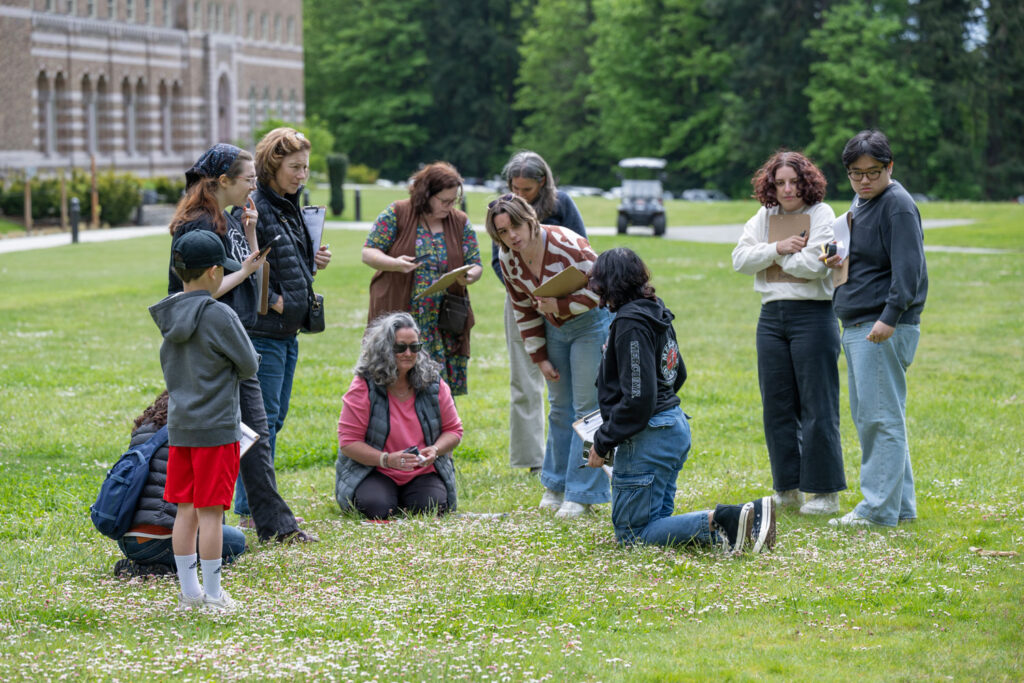
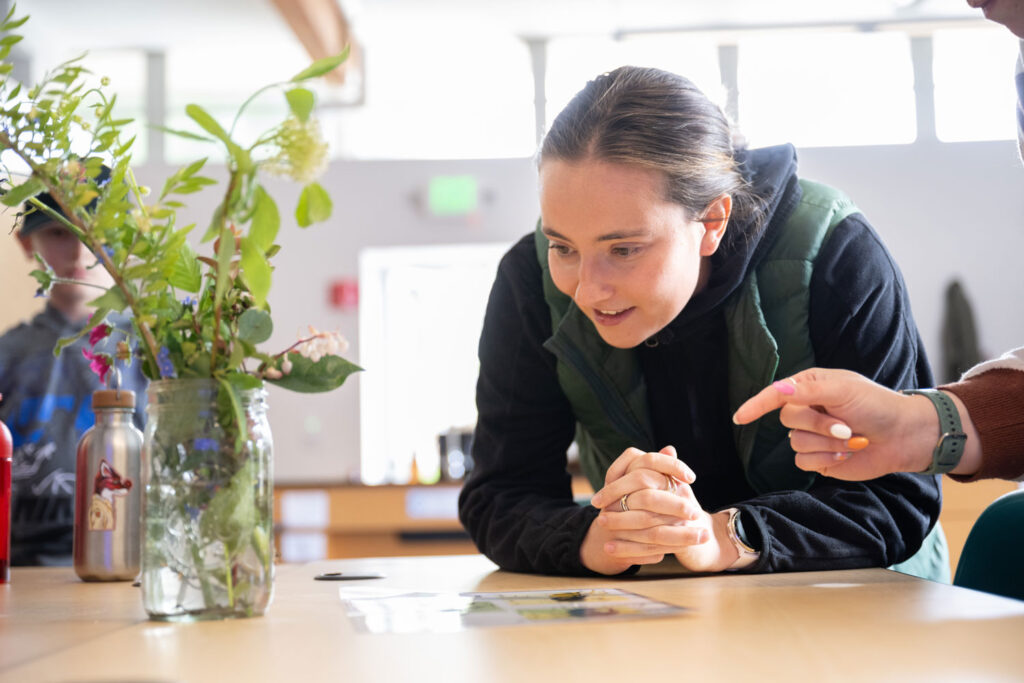
Outside the comfort zone
Two years ago, Briggs said she never would have considered hosting her own outreach event because of her fear of public speaking.
“I was the type of kid who didn’t want to be perceived. I just wanted to look at my ants and not have to talk to anyone,” she said. “I discovered that I’m more passionate about outreach than I thought and that lack of connection and place-based education is often where we’re disconnected as a society.
“We need to bring science and people together, and I was drawn to that citizen science angle that is really at the heart of the campus efforts,” she added. “It was really beautiful to see the way people lit up about bees.”
For Lambert, tracking Briggs’ growth in this area was particularly rewarding.
“It’s been amazing to watch her and to see her grow into a teacher and a leader,” Lambert said. “If you honor the practice of learning, then you’re going to find yourself in a position to teach. She definitely honored that in her presentation, and I hope she’s proud of that.”
After graduation, Briggs plans to find a job in environmental monitoring. She hopes that outreach will continue to be a part of her work as well.
